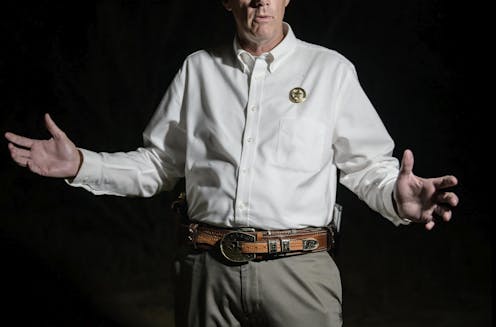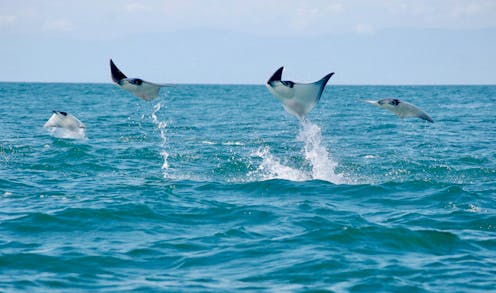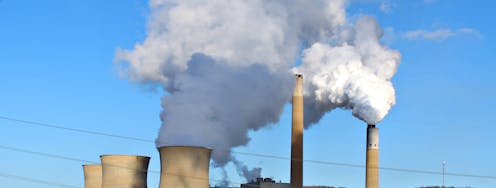Mixed emotions – neuroscience is exploring how your brain lets you experience two opposite feelings at once
- Written by Anthony Gianni Vaccaro, Postdoctoral Research Associate in Psychology, USC Dornsife College of Letters, Arts and Sciences
 Can you hold a positive emotion simultaneously with a negative one?Dimitri Otis/Stone via Getty Images
Can you hold a positive emotion simultaneously with a negative one?Dimitri Otis/Stone via Getty ImagesCountless parents across the country recently dropped their kids off at college for the first time. This transition can stir a whirlwind of feelings: the heartache of parting, sadness over a permanently changed family dynamic, the uncertainty of...










